Leadership & Faculty
Principal Investigators
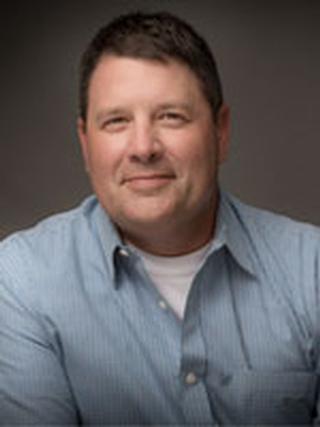
Program Director – Paul M. Dunman, PhD
Dr. Dunman spent 6 years at Wyeth Pharmaceuticals, prior to rejoining academia in 2004. He implemented both the Micro department’s Drug Discovery course (MBI 403) – which provides a venue in which program trainees can interact directly with research scientists from the private sector – and the Microbiology Industrial Internship Program and a Master’s program in Drug Discovery and Biomanufacturing; he also directed the URBEST Program Pathway in Industry, Manufacturing and Entrepreneurship. His research uses Staphylococcus aureus and Acinetobacter baumannii as model organisms to study bacterial pathogenesis and antimicrobial development.

Program Co-Director – Brian Ward, PhD
Dr. Ward spent 5 years as a postdoctoral researcher at NIH, prior to joining UR, and has broad knowledge of both academic and governmental research programs . He has served as a lecturer and Director for all of the institution’s virology-focused courses, and is currently the course Director for the Host Defense course for medical students. He received the Graduate Student Society Faculty Teaching Award in 2009. His research focuses on the molecular interactions between viruses and their hosts, with emphasis on the complex events that occur to produce infectious orthopoxviruses.
Internal Advisory Committee
External Advisory Committee
Annaliesa Anderson, PhD
Administration
Daisy Bird Geer, MHA
Chloe Wise
Faculty
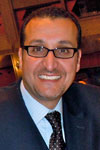
ORCID CV


Understanding the interaction of HIV with glial cells; Developing an improved live attenuated influenza vaccine (LAIV); Elucidating the host cell response to infection by viral pathogens (with emphasis on SARS-CoV-2 and Adeno-associated virus, AAV)

Antimicrobial drug discovery using pathogenic Staphylococcus aureus and Acinetobacter baumannii: exploiting components of the bacterial RNA metabolism machinery; characterizing prokaryotic ribonucleases; understanding the impact of the host environment on antibiotic resistance and virulence factor expression.

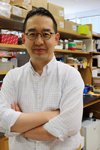
Cancer immunotherapy/Host immune response to influenza infection/ Inflammation biology of sepsis

Delineating mechanisms by which environmental exposures during different life stages alter immune function
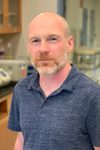
Platelets in vascular injury and inflammation
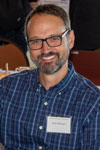

Defining how an aberrant oxygen environment and oxygen-induced DNA damage signaling alter distal lung development, the host response to respiratory viral infections, and promotes cardiovascular disease later in life

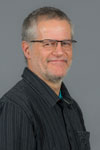

Specificity and role of CD4 T cells in response to vaccination and infection
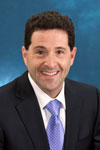

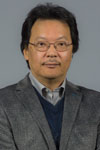


Immune responses to respiratory viruses and experimental vaccines


Pathogenesis of bacterial corneal infections and novel antimicrobial drug discovery







